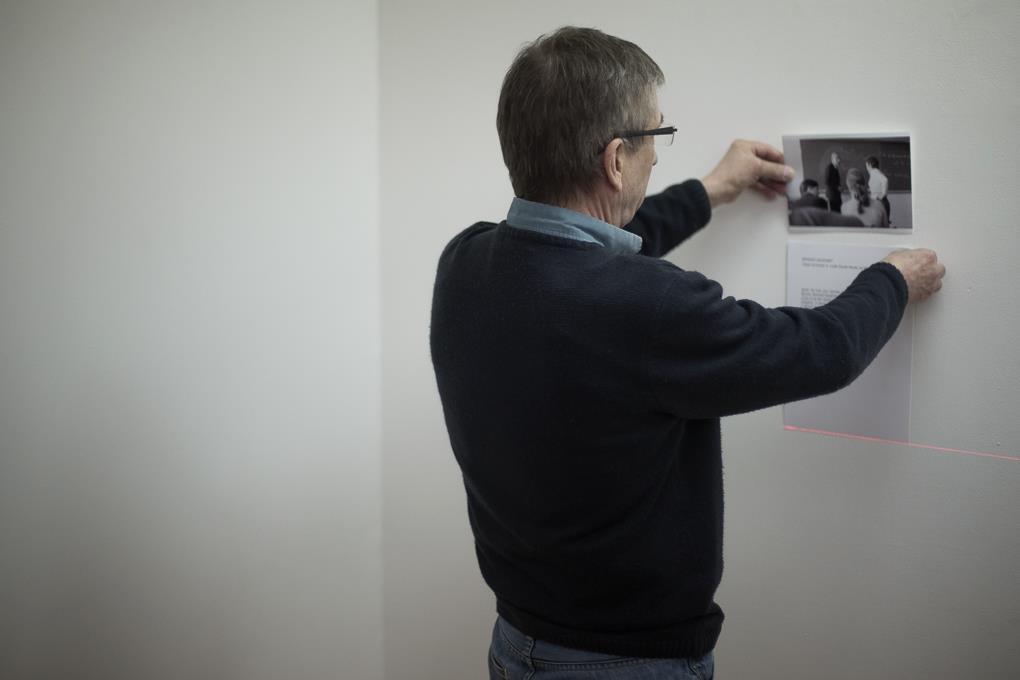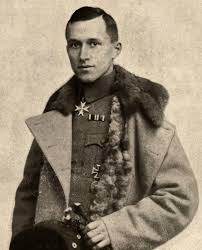
In the middle of a dragging Saturday morning, the telephone rang, an already well-known voice was heard speaking impeccable French with a delicious Germanic accent: "Mon lieutenant, do you think he's possible to invite a friend, François Lagarde, to the festivities? I replied that it was no problem and my interlocutor hung up the phone in a flash as he was used to. I had met Ernst Jünger for the first time three weeks before. He called me for some time to come and with a certain deference, my lieutenant. I had realized a dream when I met him in Wilflingen, he had received me with a kindness that again had almost upset me and he had assured me of his presence for the show that we were preparing at the rear base for the return of the troops from Operation Daguet in Iraq in Nîmes. But I did not know François Lagarde, of whom the German writer spoke to me, and I had felt from the sound of his voice that it was a wish that was close to his heart. He told me that he lived in Montpellier and that he would come by his own means… Shortly after, I received another call, this time from François Lagarde who came on the phone and told me he was a photographer.

Francois Lagarde had a soft voice and I never heard him raise it. At all times, in all circumstances, he remained master of himself and it did not seem like an effort. He had that soft, questioning voice whose questioning served as much to discover as to confirm. François had a real gentleness, which was not feigned, but he was also inhabited by a certain ferocity that I attributed to the double emancipation he was convinced he had achieved: emancipation from his environment and emancipation from all forms of limits like the people who turned twenty in 1968. François was Protestant to the very core of himself. He refused this condition and therefore boasted of having gotten rid of it, of no longer carrying the weight of his two pastor parents, but he continued to struggle, and in his heart of hearts, I always thought he was aware, even if he acted like someone who had won the bet, that the fight would still be with him. So he got rid of his Protestantism by dressing it up with a Fellini side, in search of the slightest bit of pure life, of Dionysian life, of an orgy of life… It was his agony. He never shied away from it. There is something terrible in seeing a man retain only gray, dull colors from childhood… No childish joy comes to counterbalance this feeling. If everything is a question of perspective in life, joy should always be the perspective of childhood, because the joy felt fully in a pure soul will always seem stronger than the vagaries of adult life. Time often accustoms us to our own hypocrisy. And we take that habit for a win. François Lagarde exalted an unfailing complexity. It was hard not to like him. He was impulsive, always curious and adorned with a genuinely Catholic joy. He wouldn't have liked me to give him a Catholic quality, but he would have been flattered, without admitting it of course.
Continue reading “François Lagarde, photographer of Ernst Jünger”